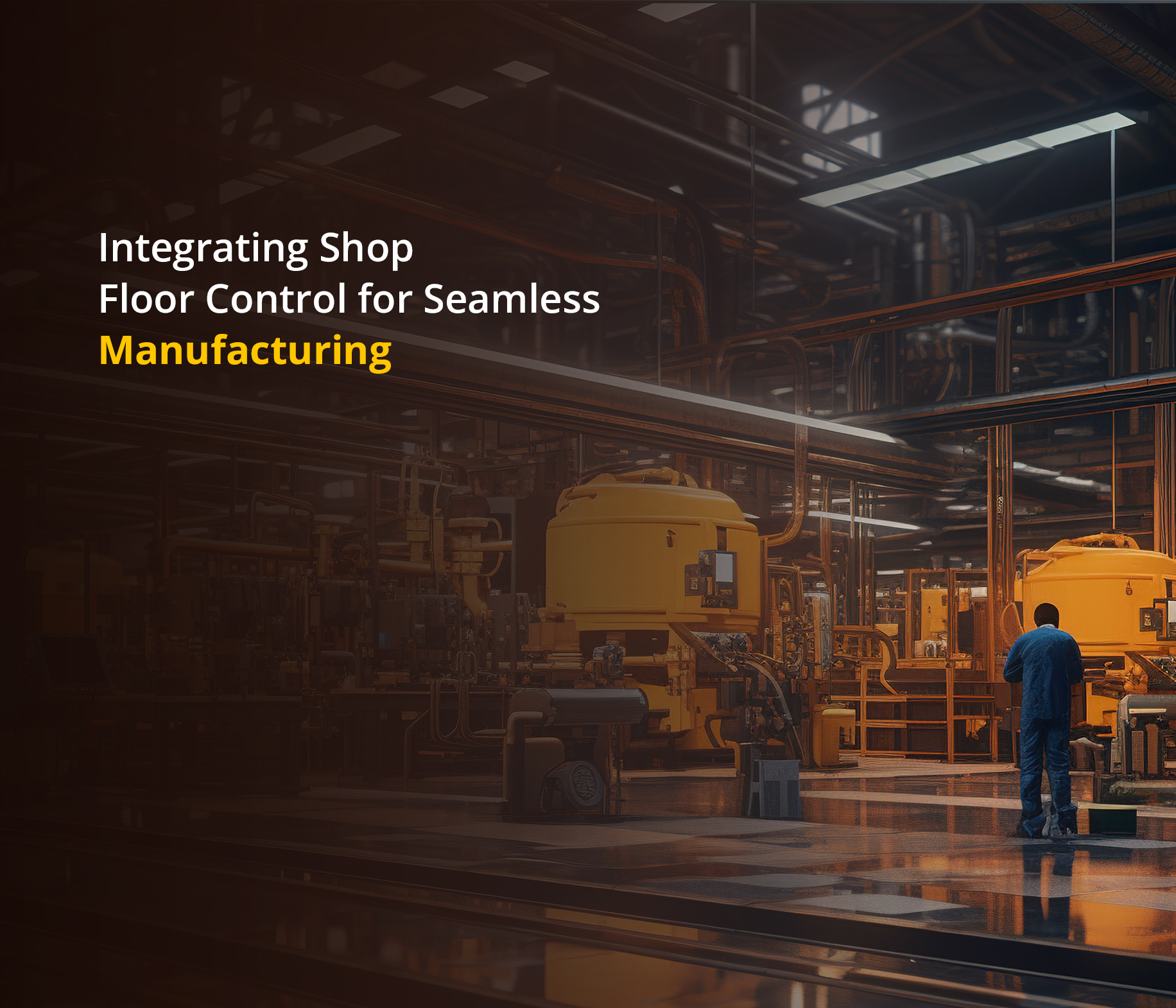The Power of Point of Sale Software
A POS system, at its core, is a tool that allows businesses to conduct sales transactions and manage other related activities. But in the context of restaurants, point of sale software is much more than just a cash register replacement. It's a comprehensive restaurant management software, offering a range of features designed to optimize the various facets of restaurant operations.
Choosing the Best POS System for Restaurants
With myriad POS solutions available, selecting the best POS system for a restaurant depends largely on the specific needs and requirements of the business. However, a few crucial components are universally essential. These include intuitive order management, efficient inventory control, seamless integration with other systems, robust reporting and analytics, and exceptional customer service capabilities.
Features of a Top-tier POS Restaurant System
Let's delve into the specific features of a top-tier POS restaurant system and how they contribute to streamlining operations and enhancing dining experiences.
1. Order management
The ability to swiftly and accurately manage orders is a fundamental requirement for any restaurant. A superior POS system simplifies this process, allowing for real-time order tracking, customization, and swift communication between the front-of-house and the kitchen.
2. Inventory control
A well-equipped POS system provides robust inventory management capabilities. It tracks the usage of ingredients, notifies shortages, and helps prevent overstocking, thereby reducing waste and optimizing costs.
3. Integrated payment processing
A seamless payment process is key to a positive dining experience. The best POS systems offer integrated payment solutions that support a variety of payment methods, ensuring a smooth checkout process for customers.

4. Customer Relationship Management (CRM)
A POS system with built-in CRM capabilities can help restaurants build strong relationships with their customers. Features like personalized marketing, loyalty programs, and customer feedback can significantly enhance the dining experience.
5. Reporting and analytics
Data-driven insights are crucial for continuous improvement. A POS system with strong reporting and analytics capabilities can provide valuable insights into sales trends, customer preferences, and operational efficiency.
6. Mobility
Many modern POS solutions offer mobile functionality, allowing staff to take orders and process payments directly at the table, increasing efficiency and improving customer service.
Conclusion
In conclusion, a POS restaurant system is much more than a tool for processing transactions. It's a comprehensive restaurant management software that can significantly streamline operations and enhance the dining experience. From order management to customer relationship management, the right POS solution can revolutionize the way restaurants operate and serve their customers.






